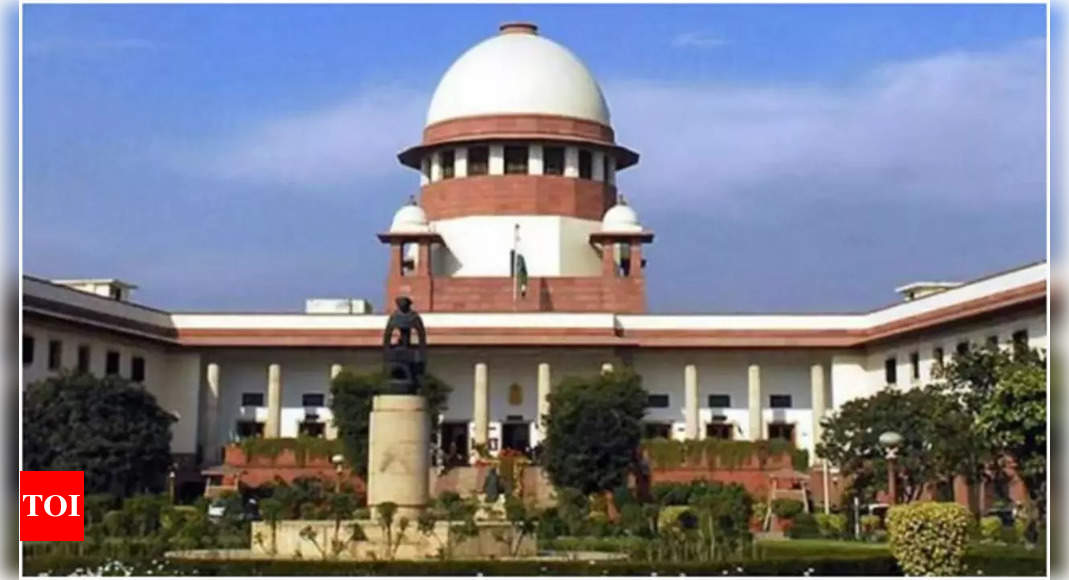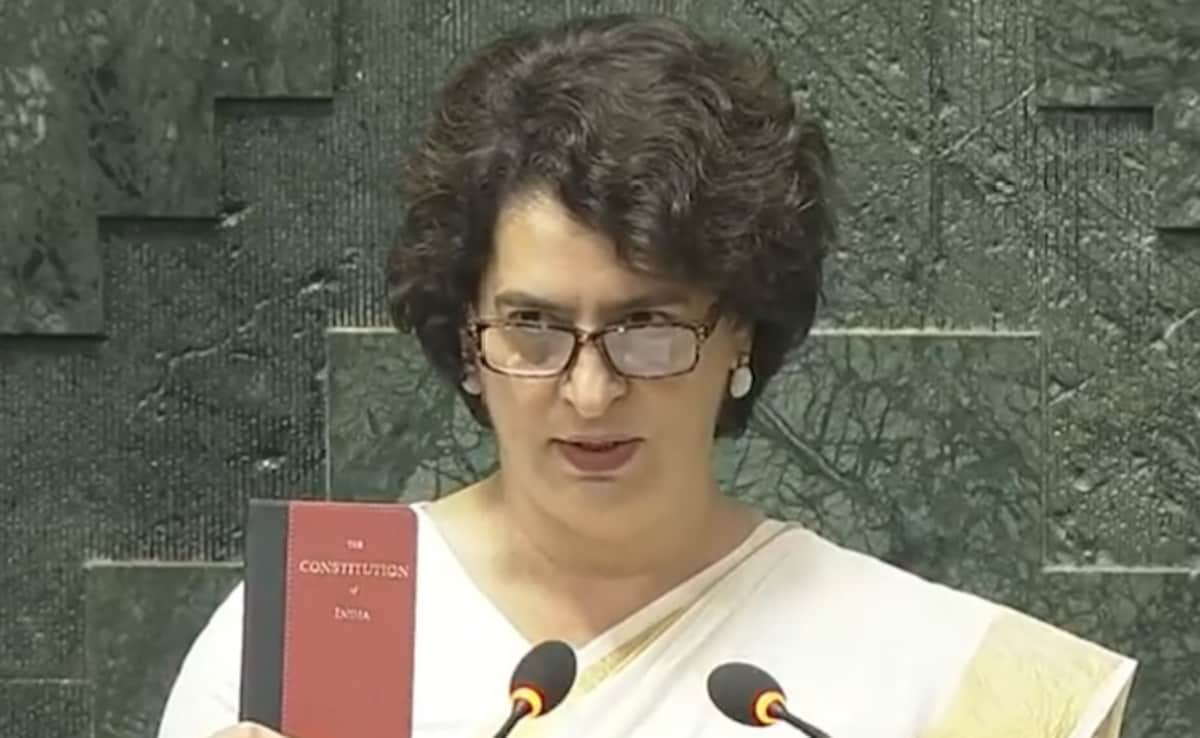
NEW DELHI: Noting that while Section 9 of the Foreigners Act outs the burden on an individual to prove he/she is not a foreigner, the Supreme Court, in an important ruling, has held that this does not mean govt can pick a person at random, knock on their door, and demand they prove their citizenship. There must be some material against the person before proceedings under the law can be initiated, it stressed.
A bench of Justices Vikram Nath and Ahsanuddin Amanullah held that “in the absence of the basic/primary material, it cannot be left to the untrammelled or arbitrary discretion of the authorities to initiate proceedings”, which have life-altering and very serious consequences for the person.It said, Section 9 could not be invoked on the basis of hearsay or bald and vague allegation(s).
“…the question is that does Section 9 of the Act empower the executive to pick a person at random, knock at his/her/their door, tell him/her/they/them ‘We suspect you of being a foreigner’?… Obviously, the State cannot proceed in such a manner. Neither can we as a court countenance such an approach,” the bench observed while setting aside the order of the Foreigners Tribunal and Gauhati High Court declaring a person from Assam an illegal Bangladeshi migrant.
The bench accepted the submission of advocate Kaushik Choudhury who, appearing for the petitioner, submitted that Section 9 could not be used arbitrarily and settled principles of natural justice could not be given a go-by.
“It needs no reiteration that a person charged or accused would generally not be able to prove to the negative, if he/she is not aware of the evidence/material against him/her which leads to the person being labelled suspect. Ipso facto just an allegation/accusation cannot lead to shifting of the burden to the accused, unless he/she is confronted with the allegation as also the material backing such allegation,” the court said.
The court said that there was no material in possession of authority which could raise suspicion on his nationality. After fighting a legal battle for two decades, SC came to his rescue and declared him Indian as all his relatives were also declared Indian citizens. The court also said that minor spelling mistakes in names on official documents could not be the sole reason to deny authenticity as happened in the case.
“However, mere allegation, that too, being as vague as to mechanically reproduce simply the words which mirror the text of provisions in the Act cannot be permitted under law. Even for the person to discharge the burden statutorily imposed on him by virtue of Section 9 of the Act, the person has to be intimated of the information and material available against him, such that he/she can contest and defend the proceedings against him,” it said.
A bench of Justices Vikram Nath and Ahsanuddin Amanullah held that “in the absence of the basic/primary material, it cannot be left to the untrammelled or arbitrary discretion of the authorities to initiate proceedings”, which have life-altering and very serious consequences for the person.It said, Section 9 could not be invoked on the basis of hearsay or bald and vague allegation(s).
“…the question is that does Section 9 of the Act empower the executive to pick a person at random, knock at his/her/their door, tell him/her/they/them ‘We suspect you of being a foreigner’?… Obviously, the State cannot proceed in such a manner. Neither can we as a court countenance such an approach,” the bench observed while setting aside the order of the Foreigners Tribunal and Gauhati High Court declaring a person from Assam an illegal Bangladeshi migrant.
The bench accepted the submission of advocate Kaushik Choudhury who, appearing for the petitioner, submitted that Section 9 could not be used arbitrarily and settled principles of natural justice could not be given a go-by.
“It needs no reiteration that a person charged or accused would generally not be able to prove to the negative, if he/she is not aware of the evidence/material against him/her which leads to the person being labelled suspect. Ipso facto just an allegation/accusation cannot lead to shifting of the burden to the accused, unless he/she is confronted with the allegation as also the material backing such allegation,” the court said.
The court said that there was no material in possession of authority which could raise suspicion on his nationality. After fighting a legal battle for two decades, SC came to his rescue and declared him Indian as all his relatives were also declared Indian citizens. The court also said that minor spelling mistakes in names on official documents could not be the sole reason to deny authenticity as happened in the case.
“However, mere allegation, that too, being as vague as to mechanically reproduce simply the words which mirror the text of provisions in the Act cannot be permitted under law. Even for the person to discharge the burden statutorily imposed on him by virtue of Section 9 of the Act, the person has to be intimated of the information and material available against him, such that he/she can contest and defend the proceedings against him,” it said.







